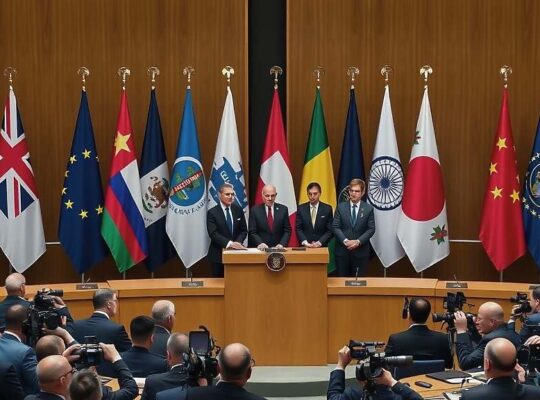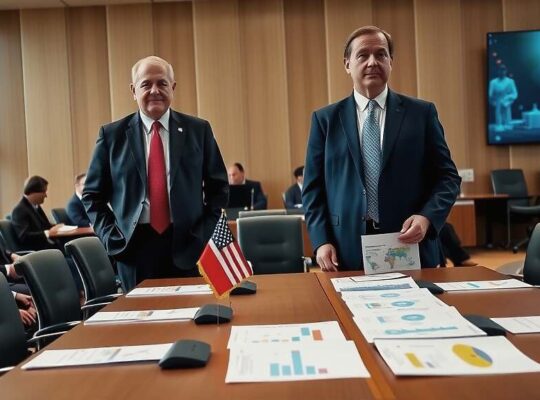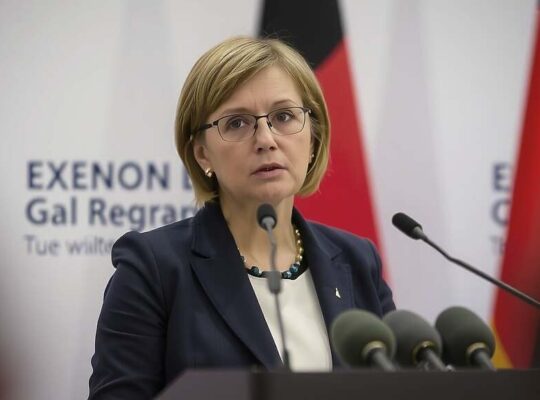Following the first 100 days of the new German federal government led by Chancellor Friedrich Merz (CDU), business representatives have offered a critical assessment of its economic policies. Clemens Fuest, economist and President of the Ifo Institute, stated that “permanent debt financing of arms expenditure is not sensible”. While acknowledging investments in infrastructure and defense, he argued that levels of government borrowing have exceeded reasonable targets.
Fuest further commented that tax benefits for overtime, reductions in value-added tax for the hospitality industry and early retirement schemes could have been avoided. He did, however, praise improved tax incentives for investment and initial steps to reduce bureaucracy, specifically referencing adjustments to supply chain legislation. He stressed that “much more needs to be done.
Federal Minister for Economic Affairs, Katherina Reiche (CDU), also called for further reforms, emphasizing the need for competitive non-wage labor costs, affordable energy prices, increased flexibility in the labor market and a more streamlined regulatory environment. She suggested that obtaining approvals in Germany is often slower and more complicated than in other countries.
Rainer Dulger, President of the Confederation of German Employers’ Associations, stated, “We are all waiting for the announced autumn of reforms”. He described the social welfare system as in need of significant repair, asserting that Germany requires drastic changes to its pension, basic income, healthcare and care systems. Dulger argued for reduced bureaucracy, enhanced performance and greater net income, suggesting these are essential for overcoming the economic crisis.
Christiane Benner, head of the IG Metall union, criticized the debate surrounding extended working hours and social spending. She refuted the notion that Germans do not work enough, emphasizing other pressing issues. Benner defended the value of the social welfare system, stating it provides benefits that outweigh its costs and welcomed the pension package as a first step towards reducing poverty in old age. She added that further measures are needed to secure the long-term future of industry and its workforce. Frank Werneke, head of the Verdi union, praised the stabilization of the pension level and the strengthening of collective bargaining agreements through the newly passed Act on Loyalty to Collective Bargaining.












